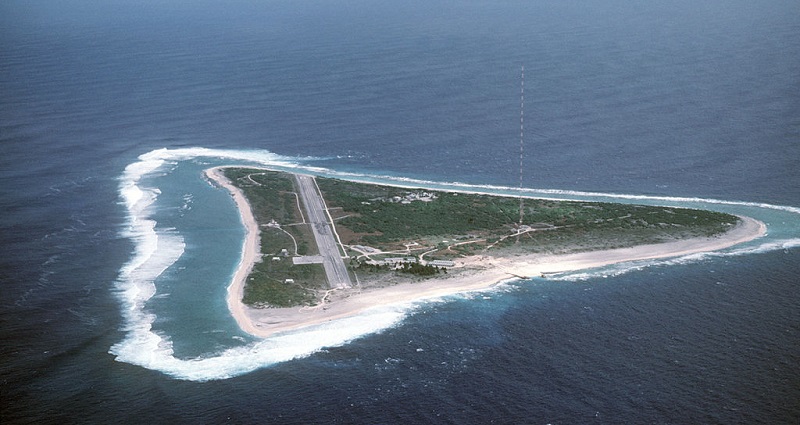Japanese researchers have discovered enough reserves of rare-earth metals (REMs) to satisfy global demand for up to 700 years. Oceanographers surveyed the deep-sea mud on the Pacific Ocean floor near Japan's Ogasawara Islands, which are about 2,000 kilometers southeast of Tokyo. Scientists say the minerals find, "has the potential to supply these metals on a semi-infinite basis to the world". Researchers from Waseda University and the University of Tokyo estimate the area they mapped contains more than 16 million tons of rare-earth metals. They added that the area offers "great potential as ore deposits for some of the most critically important elements in modern society".

A rare-earth metal is one of a set of seventeen chemical elements in the periodic table. They have what many of us would consider to be relatively unknown names, like europium, promethium scandium and terbium. The uses, applications, and demand of rare-earth elements have greatly increased with our reliance on high-tech products. They are widely used in the production of electric motors for hybrid vehicles, wind turbines, hard disc drives, portable electronics, microphones, speakers and a whole array of other products. Around 90 per cent of the world's supply of REMs used to manufacture advanced electronics currently comes from China. The discovery near Japan could bring down prices.
译文由可可原创,仅供学习交流使用,未经许可请勿转载。












